Keywords: Debt
There are more than 200 results, only the first 200 are displayed here.
-
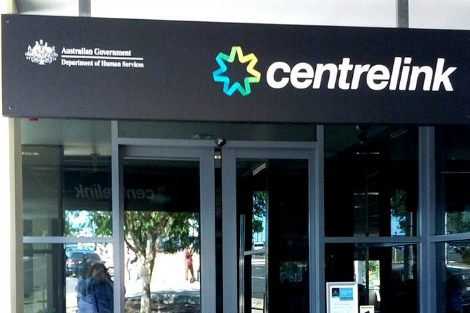
AUSTRALIA
- Kate Galloway
- 20 March 2017
17 Comments
ACTU secretary Sally McManus' comments about the rule of law have sparked a lot of chatter on news and social media. While the rule of law arguably does assume citizens will obey the law, it also assumes government will behave lawfully. Further, it might be argued that the rule of law encompasses the principled application of government power. In this respect, the Australian government is itself falling well below adhering to the rule of law. I offer Centrelink #notmydebt as a case study.
READ MORE 
-

RELIGION
- Frank Brennan
- 01 March 2017
11 Comments
Make no mistake, our church leaders are not yet out of the blaze of the headlights. They don't have all the answers, not even in relation to matters peculiarly within their jurisdiction. Despite being put on notice, our most senior bishops could not even agree on the limits of the seal of the confessional and on what a priest should do if abuse were reported in the confessional by a child. It's not just our past leaders who needed help. Our present leaders also do.
READ MORE
-

ARTS AND CULTURE
- Sandra Renew
- 20 February 2017
4 Comments
Observing the decades long incident is unbearable - although they have fallen beautifully time is not on their side, their ideals are consigned to fire. But do we care so little that when the fates convene and humans fail sumo-sized jelly fish and yellow crazy ants and ubiquitous spiders will be all that's left? Do we care so little and think we are free of all our debts? Did we think we were never so needy as to sell our dreams?
READ MORE 
-
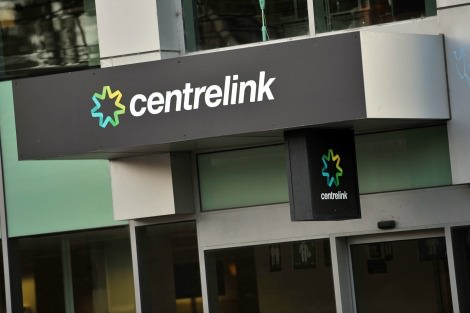
AUSTRALIA
- Kasy Chambers
- 03 February 2017
12 Comments
Centrelink's new policy of automated online debt collection has been subject to conflicting reports. The Minister and the department head are sticking to the assertion that everything is working fine. Yet there is another version of the truth, seen in the growing list of people talking publicly about the distress caused to them by being falsely tageted. One difficulty with the process is that the adversarial manner that it set up is unlikely to allow Centrelink to learn from the cases it reviews.
READ MORE 
-

AUSTRALIA
- Fatima Measham
- 02 February 2017
6 Comments
It strikes me as odd that we have mostly withstood anti-establishment agitation, as seen in the Philippines and the UK. It is not like our political class have not earned similar scorn. What if the optimism bias that kept most of us from anticipating the results of the Brexit referendum and the US election are now also in play in Australia? How long will current welfare architecture and the incompetence of nativists keep at bay the destabilising forces that have laid America so low?
READ MORE 
-
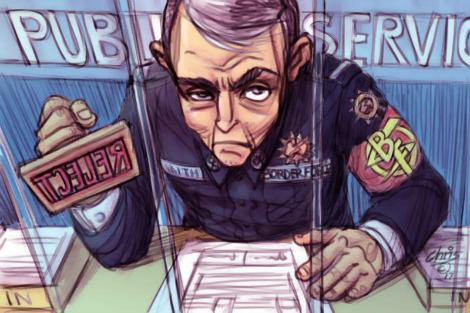
AUSTRALIA
- Rachel Woodlock
- 27 January 2017
23 Comments
'Take that out of your mouth, I have to touch that,' barked the Border Protection officer, glaring at me. I'd been juggling bags, boarding tickets, and a passenger exit card, so my passport was positioned precariously between my lips. I wondered if there was a class for teaching them how to be that special mix of forcefully domineering and nasty. It's not just at airports that ordinary people are increasingly feeling a sense of helplessness in the face of bureaucratic antagonism.
READ MORE 
-

AUSTRALIA
- Michael McVeigh
- 20 January 2017
7 Comments
Many have called for the automated Centrelink debt collection system to be scrapped, but the government is standing by it. One of the reasons for this may be that the system is doing just what it's designed to do - trying to force people away from welfare reliance by making it more onerous. Pope Francis argues that far from a 'neutral' tool, technology creates a framework which conditions people and limits their possible options along lines dictated by the most economically and politically powerful.
READ MORE 
-

ECONOMICS
- Rachel Kurzyp
- 16 December 2016
8 Comments
Studies have found that in Australia, groups with the poorest financial awareness and skills are those under 25, those with no formal post-secondary education, those on low incomes and working 'blue collar occupations', and women. While it makes sense to provide these groups with financial information on home loans and super, this wouldn't have helped my mother when she had to decide between, say, buying groceries for the week or getting the car serviced.
READ MORE 
-
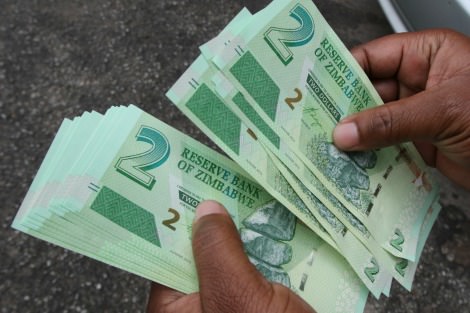
AUSTRALIA
- Tariro Ndoro
- 07 December 2016
2 Comments
Last week, the much dreaded bond notes were released into the economy, in a move hoped to alleviate the cash crisis. Most citizens are negative about the move, with good reason - the last time Zimbabwe had its own currency was 2009, when inflation was so high the currency had to be dropped to salvage the economy. Most Zimbabweans remember that time well: every other month citizens had to drive to Botswana to put food on the table because the country's own shops were empty.
READ MORE 
-
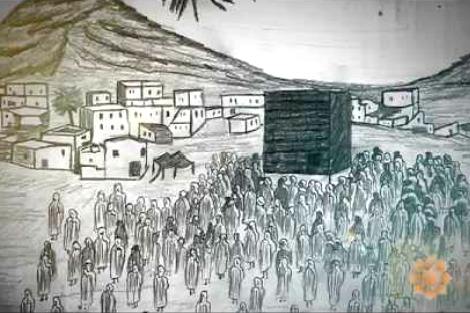
INTERNATIONAL
- Irfan Yusuf
- 15 November 2016
8 Comments
Cultural totalitarianism, embodied in Trump in the US and Hanson in Australia, is a major injustice of our age. To fight it effectively, we have to enter into coalitions with those whose opinions we otherwise find distasteful. An anti-racism rally with only leftwing speakers is not going to make as big an impact as one with speakers across the spectrum. To insist the fight against racism is necessarily a leftwing issue is in some ways its own form of cultural bigotry.
READ MORE 
-
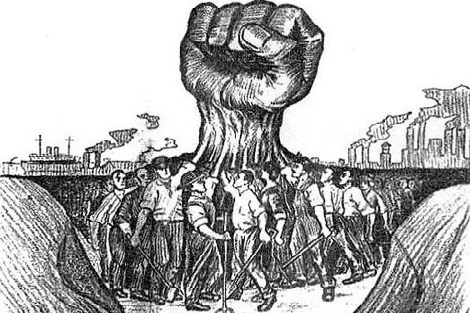
AUSTRALIA
- Tim Lyons
- 14 November 2016
7 Comments
Just as the 'wealth management' industry is based on the lie that anyone can be wealthy if they are prepared to take enough individual risk, the modern lie about work is that your place depends on vicious competition with those around you. This sort of sociopathic individualism denies the collective project, where even the team resembles more a gangster faction than a collective. Success is said to be a function of your own efforts, rendering solidarity not just foreign but inimical to your interests.
READ MORE
-

INTERNATIONAL
- Philip Harvey
- 04 November 2016
10 Comments
Initial silence from Dylan after the announcement of his Nobel Prize led one of the Scandinavian officials to complain he was being 'impolite and arrogant'. This prompted even more vitriolic opinion online on all sides, from fans, litterateurs, Dylanologists, and other armchair grenadiers. Just as things were getting completely tangled up in blue Dylan himself broke the silence to explain that news of the award had left him speechless. We shouldn't be surprised. Speechless is a normal state for a poet.
READ MORE 